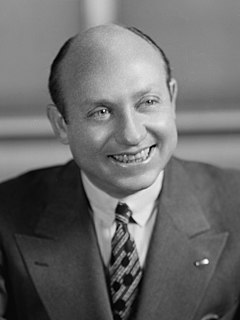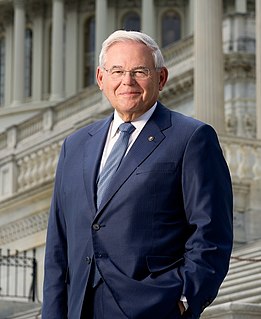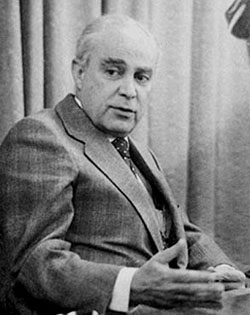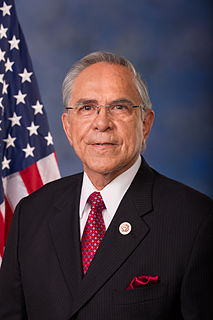A Quote by Jack Kemp
... giving tax incentives for more labor ownership of company stock will do more to create jobs and increase productivity than all the "emergency full employment" bills proposed.
Related Quotes
One of the proven ways of getting workers more involved with their jobs is by dovetailing employee profit-sharing and stock ownership plans with greater responsibility sharing... Trade unions in this country should... consider these arrangements much more carefully than they have up to now... Expanded employee profit participation and stock ownership would provide workers with a greater measure of economic and social independence, thus stimulating increased productivity.
Assuming that a tax increase is necessary, it is clearly preferable to impose the additional cost on land by increasing the land tax, rather than to increase the wage tax - the two alternatives open to the City (of Pittsburgh). It is the use and occupancy of property that creates the need for the municipal services that appear as the largest item in the budget - fire and police protection, waste removal, and public works. The average increase in tax bills of city residents will be about twice as great with wage tax increase than with a land tax increase.
A carbon tax by itself would make driving more expensive, that's very true. But in exchange for that, there are going to be more jobs, more output, more employment, and more products available. So really, as long as you're going to collect the revenues you're going to collect, you're going to have to trade off one tax for the other.
Twenty million jobs is what we call for in the Green New Deal, which is essentially a New Deal focused on greening the economy on an emergency basis. So it's 20 million jobs, which are mixed, private sector, nonprofits, government jobs where others will not do the job and will not create the employment.
The United States of American business pays the second-highest business taxes in the world, 35 percent. Ireland pays 11 percent. Now, if you're a business person, and you can locate any place in the world, then, obviously, if you go to the country where it's 11 percent tax versus 35 percent, you're going to be able to create jobs, increase your business, make more investment, et cetera. I want to cut that business tax. I want to cut it so that businesses will remain in the United States of America and create jobs.































